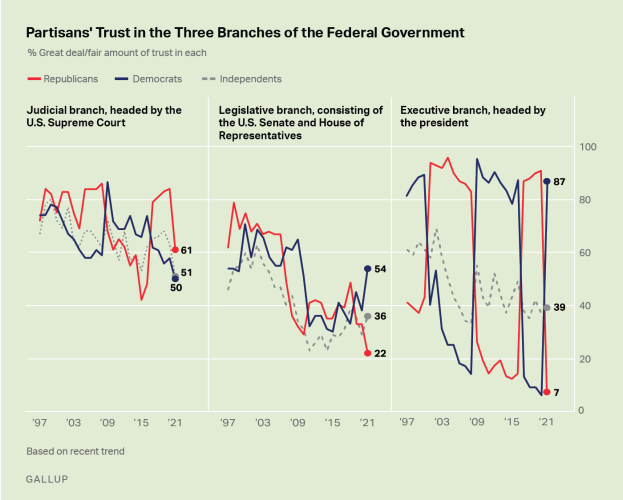AlaskaHunter
Well-known member
Fake news (above)If you think that taking AR's away is their end goal, you're not very well informed.
Does anyone truly feel like they are well represented by someone in high level government?
If I remember history class correctly, the colonists were upset because no one in the government represented their needs. Then they were getting the shit taxed out of them so they rebelled. They wouldn't have been able to rebel without weapons.
At what point are we being unreasonably taxed? Sending 100's of billions overseas to other countries seems foolish.
View attachment 260543
Capital gains tax...for a 401k it could be as low as an effective tax rate of 7-8 percent (mine was last year)
...no capital gains tax on first $500,000 of primary residence
...typically 15% for married couple filing jointly up to $517,200
Inheritance Tax....There is no federal inheritance tax, but there is a federal estate tax. The federal estate tax generally applies to assets over $12.92 million in 2023.









